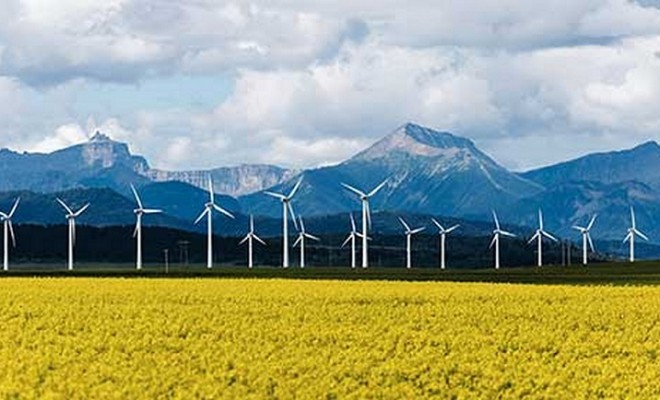
Reimagining industrial operations
Ever since the steam engine helped launch the Industrial Revolution, large-scale operations have boosted living standards, provided richer choices than our ancestors dreamed of—and generated unintended consequences, including pollution. The COVID-19 pandemic presents an unforeseen challenge to industrial operators as they face the immediate impact of plummeting demand for many products, as well as pressing needs to ensure the safety of employees. Yet even as industries grapple with structural changes, and as societies and economies pivot to the “next normal,” companies themselves have a window of opportunity to adapt their operations to help reduce the disruption that climate change will ultimately bring. In this compilation, McKinsey experts and corporate leaders describe emerging opportunities for industrial operators to help lead the way to a lower-carbon future.
These range from introducing hybrid-electric equipment (a first step for some) and fully electrifying operations (a key emissions-abatement lever for oil and gas companies), to boosting efficiency through digitization, advanced analytics, and artificial intelligence (practices profiled in a case study of the chemical and consumer-goods company Henkel). Also on the table: business-model innovation aimed at satisfying demand for lower-carbon technologies and more sustainable products (opportunities for miners and cement makers); as well as reorienting supply chains toward more “circular” practices (which is described by apparel executives, the linear descendants of the textile innovators who started the Industrial Revolution). These quick-hit overviews should serve as useful thought starters, and sources of inspiration, for leaders in any industry seeking to chart their own sustainability journey.
Συνέχεια ανάγνωσης εδώ
Πηγή: mckinsey




